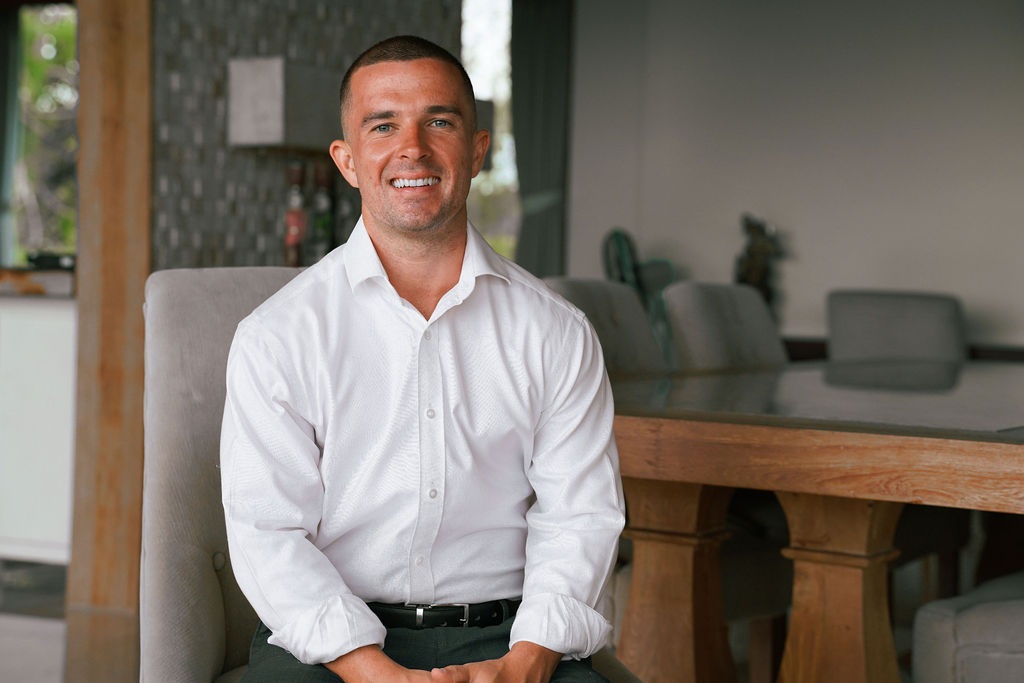In the upcoming months, consumers are poised to step into an entirely new realm of shopping, one where they can virtually try on clothes, visualise products in 3D, and explore virtual stores without leaving the comfort of their homes.
The convergence of physical and digital shopping experiences is underway, with profound opportunities for both businesses and shoppers. Virtual reality (VR) is set to simplify and redefine the social media shopping landscape, greatly impacting brand perception and influencing buyer behaviour. Fidelity Apps launched in 2021 is a virtual reality platform set to help businesses with their internal business processes.
Shop tiles, the latest sensation in e-commerce, have gained increasing popularity as shopping trends and consumer behaviours evolve. These tiles, accessible with a mere click, allow users to seamlessly shop featured products or outfit selections within a single post on some of social media’s most popular platforms including Instagram and TikTok.
In the post-COVID e-commerce landscape, buyer behaviour has undergone a remarkable shift, with over 30.3% of consumers opting for social media platforms to make online purchases*. By 2023, nearly half of Australian small businesses have pivoted towards online shopping, adapting to the pandemic’s challenges and striving to maintain their market share**.
As social media continues to evolve, VR will usher in a new era of immersive and personalised shopping experiences that not only deepen brand relationships but also reshape purchasing behaviour.
VR is at the forefront of creating immersive shopping experiences that allow consumers to engage with products in revolutionary ways. Picture virtually exploring one of your favourite stores, seeing live updates of what’s on the racks, from the comfort of your own home. This level of interaction transcends the traditional shopping experience, elevating consumer engagement and satisfaction to levels we haven’t really seen before.
With a single click from social media shopping tiles, consumers can effortlessly traverse virtual shops using their smartphones. This leads to highly personalised recommendations and a tailored shopping journey. Social shopping in VR is not merely about making transactions, it’s about cultivating an interactive and engaging experience that forges a deep connection between consumers and brands.
Imagine exploring an Instagram post, tapping on a shop tile, and instantly finding yourself in a virtual store where you can explore and purchase products. This integration breaks down barriers, offering a fluid shopping experience that blurs the lines between physical and digital realms.
The adoption of brands implementing virtual reality and augmented reality (AR) in shopping marks a fundamental shift in how consumers engage with products and brands. As these immersive technologies become more accessible and user-friendly, businesses must adapt to remain competitive.
These immersive technologies herald a new era of shopping, where consumers can actively participate, interact, and make purchase decisions like never before. As businesses adapt to these transformative trends, the retail landscape undergoes a transformation promising not just enhanced engagement but a deeply personalised experience.
Fidelity’s platform has been curated alongside award-winning software developers, to elevate the user experience into a new realm and enhance the shopping experience in a way that’s never been done before. Traditionally, virtual reality users needed to wear headsets in order to use virtual technology, however, Fidelity uses user-friendly technology that allows the consumer to view without these. The VR company has partnered with retail giants Cotton On and Linen House, developing an internal solution to team training and operations planning with leading technology. The company plans to launch to the consumer market in the coming months.
The future of shopping isn’t just virtual; it’s a profound transformation that breathes life into products, reshapes brand perceptions, and fundamentally alters how we connect with the retail world. Embracing this digital evolution is key for consumers, and seizing the opportunities VR and AR present is crucial for businesses aiming to craft shopping experiences that are not only convenient but also profoundly immersive and personal.
Jackson Meyer is founder of Fidelity.
*Reference: https://www.savvy.com.au/australias-online-shopping-behaviour-report-2022/
**Reference: https://www.consultancy.com.au/news/3093/online-and-e-commerce-the-future-for-australian-small-businesses

